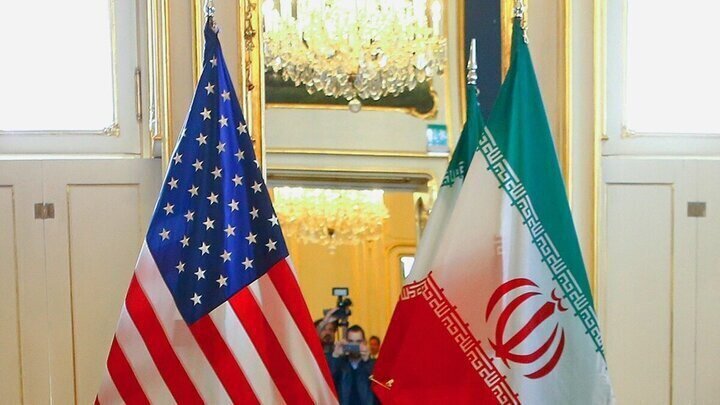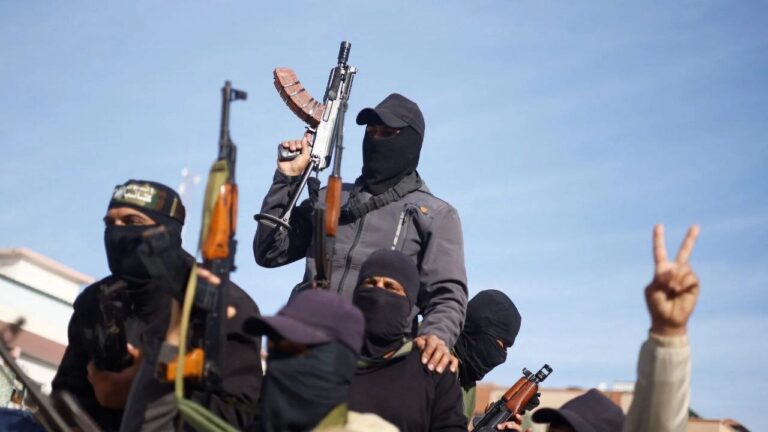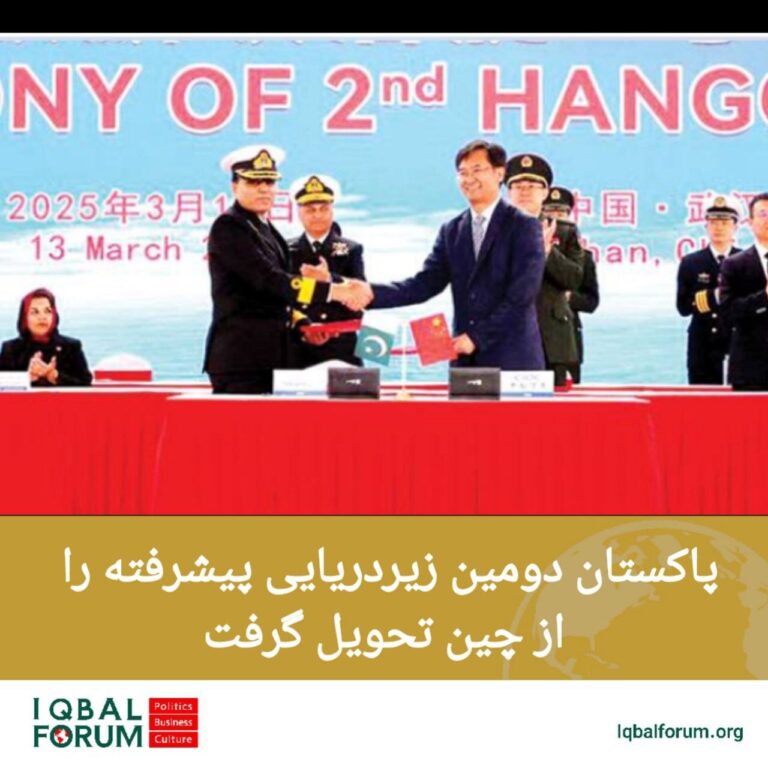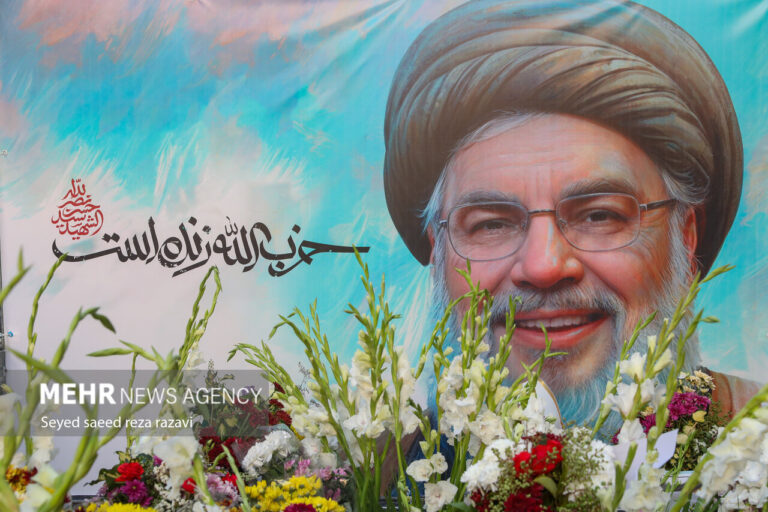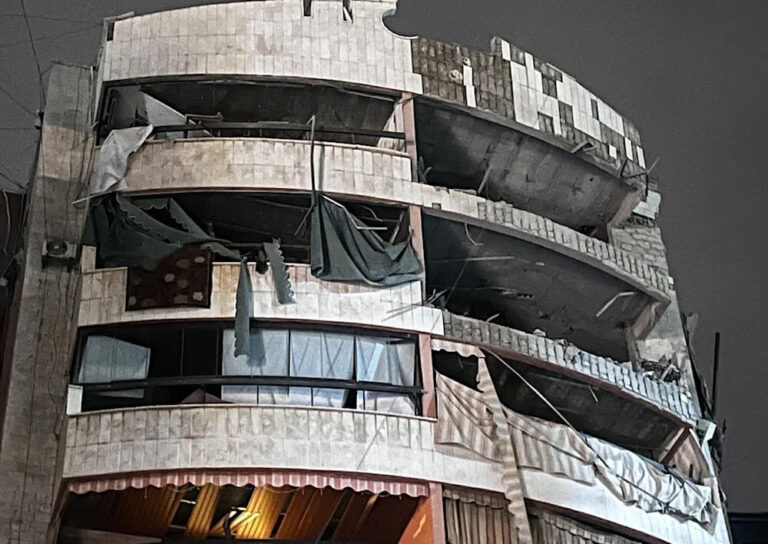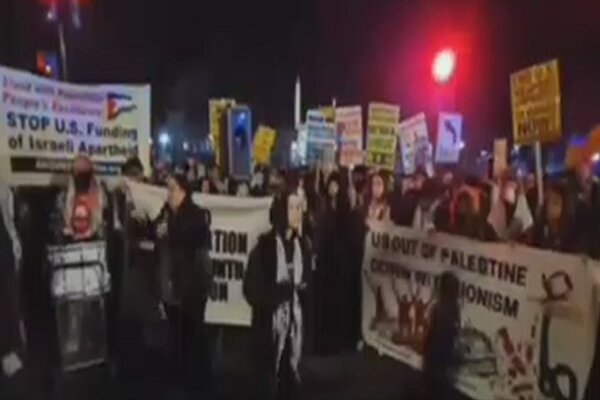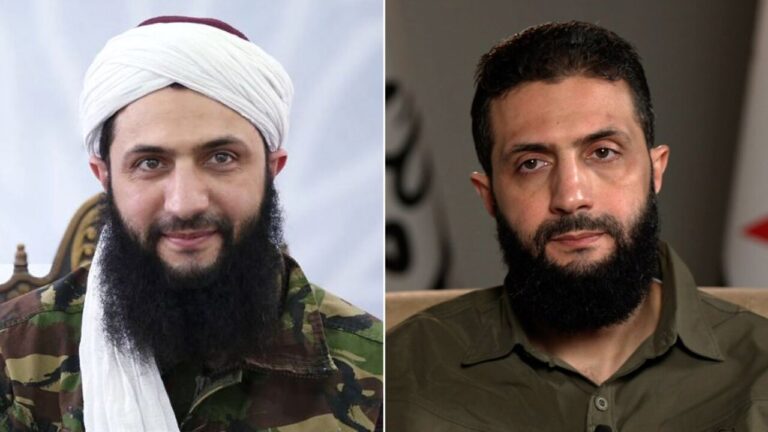Iranian Diplomats Set Sail for Oman: Strengthening Ties and Regional Cooperation
In recent developments concerning Iran’s diplomatic efforts, Iranian Foreign Ministry Spokesperson Esmaeil Baghaei announced a significant trip to Muscat, accompanied by the Minister of Foreign Affairs. This visit underscores Iran’s commitment to safeguarding its national interests and authority in the face of ongoing geopolitical challenges.
On April 8, Iranian Foreign Minister Abbas Araghchi emphasized that the upcoming talks in Oman present a critical opportunity to evaluate the United States’ sincerity. He pointed out the US’s historical tendency toward non-commitment and unilateralism, which has raised concerns among Iranian officials.
The backdrop of these negotiations is rooted in the events of 2018 when former U.S. President Donald Trump made a controversial decision to withdraw from the Joint Comprehensive Plan of Action (JCPOA), a landmark agreement aimed at curbing Iran’s nuclear ambitions. This withdrawal was accompanied by the imposition of a stringent maximum pressure campaign against Iran, aimed at isolating the nation economically and politically.
Despite the challenges presented by this pressure campaign, Iran remains resolute in pursuing its interests. The dialogue in Muscat could play a pivotal role in determining the future of Iran-U.S. relations. Here are some key points regarding the current situation:
- Historical Context: The US’s withdrawal from the JCPOA in 2018 marked a significant shift in international relations regarding Iran.
- Pressure Campaign: The maximum pressure strategy has led to increased tensions and has hindered diplomatic relations.
- Current Negotiations: The Oman talks are viewed as a test for the US’s commitment to diplomacy.
- Iran’s Stance: Iran has categorically ruled out direct negotiations under conditions of pressure but remains open to indirect talks.
In a notable letter sent on March 12, Trump reached out to Iran’s Supreme Leader, Ayatollah Seyyed Ali Khamenei, proposing negotiations for a new agreement while simultaneously threatening military action if Tehran did not acquiesce. This dual approach has further complicated the already tense relationship between the two nations.
As the situation unfolds, analysts are closely watching the outcomes of the discussions in Muscat. The potential for a diplomatic breakthrough exists, but it heavily depends on the actions and responses from both the US and Iran. The international community is also keenly interested in how these developments could impact regional stability and security.
Overall, the diplomatic landscape surrounding Iran remains complex. The balance between maintaining national interests and engaging in international negotiations will be crucial. The Iranian government, led by experienced diplomats, is prepared to navigate these challenges as it seeks to protect its sovereignty and engage constructively on the global stage.
In conclusion, the talks in Muscat represent a significant moment for Iran amid a backdrop of historical tensions and diplomatic challenges. With a commitment to using all available resources to uphold its national interests, Iran’s approach could set a precedent for future negotiations with the US and other international actors.
